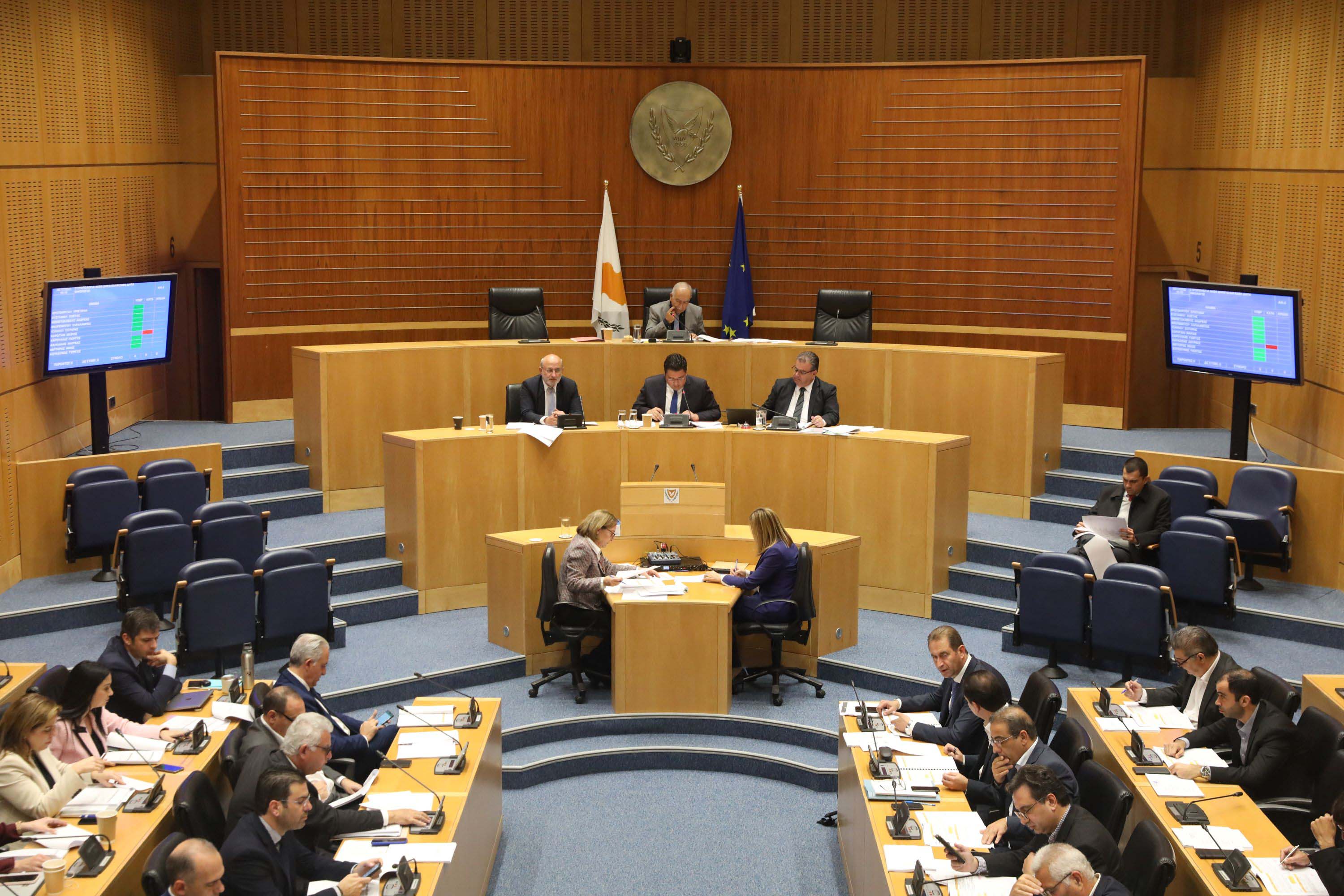During its last session before the summer recess, the House of Representatives on Thursday passed legislation aiming to rationalise the payment of multiple pensions to certain state officials.
The bills passed were those that had been tabled by the political parties. At the same time, MPs voted down the government bill, which had proposed a one-time ‘gratuity’ given to state officials on retirement.
The matter concerned state officials receiving either more than one pension – for having served in more than one position – or drawing a pension and a salary at the same time.
Under the legislation now enacted, the exercise of offsetting multiple pensions is expanded so that it applies to additional state officials and functionaries. It also restricts the payment of a new pension where an official undertakes an appointed or elected position subsequently, and sets out a firm retirement age for state officials at 65.
Crucially, the new arrangements will apply only to state officials appointed or elected from June 1, 2026 onward.
Here, MPs had to make a concession, as passing legislation applying to currently serving officials as well would have impacted their acquired entitlements, and thus risk being deemed unconstitutional.
This is because back in October 2014 the Supreme Court ruled that a pension is tantamount to a personal asset, and thus protected by the constitution.
Most of the legislative proposals that passed had the backing of Disy, Akel, Diko, Elam, the Greens and two independent MPs – Costas Efstathiou and Alexandra Attalides. Independent MP Andreas Themistocleous voted against. Edek and Dipa abstained.
For those officials acquiring the right to a state pension after January 1, 2026, pensionable age has been set at 65 – up from 60 now.
This applies to ministers, MPs, mayors, as well as members of the Public Service Commission and members of the Educational Service Commission.
At the same time, for these officials, the payment of a pension will be suspended for service that begins after January 1, 2026 where a person undertakes another office or position within the Republic of Cyprus or within the EU – preventing such persons from drawing a pension while earning a salary.
Moreover, a mechanism is established offsetting multiple pensions, so that the total payment does not exceed two-thirds of the highest pensionable earnings.
The only bill passed affecting currently serving officials, and has more of a symbolic nature, would allow these officials to voluntarily waive receiving a state pension while still serving in a post.
In remarks on the House floor before the vote, independent MP Themistocleous called on his colleagues to roundly reject the government bill.
If the bill passed, he warned, “parliament will fill up with plutocrats and people who have no occupation, who’ve never worked a day in their life”.
But he also warned that abolishing pensions would discourage many civil servants, particularly younger people, from getting into politics – as they would feel insecure.
For this reason, the Limassol MP said, he would not support any of the other bills either.
For his part, Dipa MP Marinos Moushiouttas recalled that the six bills passed had initially been drafted with input from former auditor-general Odysseas Michaelides.
It was not possible to “touch” those state officials who have already retired, he added.
Even though he had qualms about the constitutionality of the six bills, Moushiouttas would vote for them “so that the issue of the multiple pensions can close once and for all”.
For months lawmakers had grappled with finding a sweet spot regulating the matter of multiple pensions.
In parliament in March, MPs heard that 98 individuals who have worked in the state sector get more than one pension or a pension plus a salary. In a few cases, retired officials are on three pensions.






Click here to change your cookie preferences